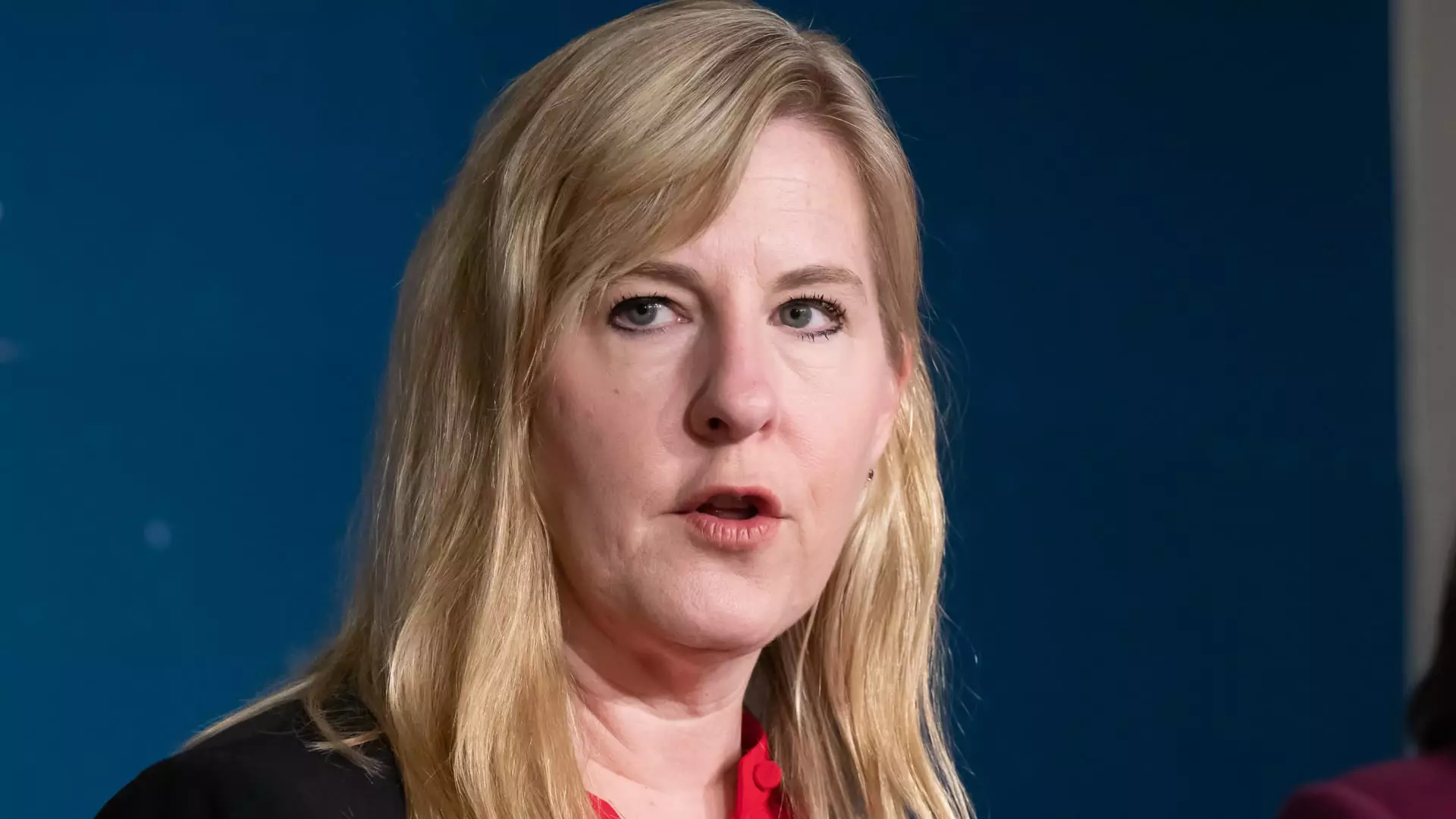The shocking assassination of former Minnesota House Speaker Melissa Hortman and her husband, Mark, marks a dark turning point in American political discourse. Described by Governor Tim Walz as a “politically motivated assassination,” this heinous act exemplifies how far political tensions have deteriorated in recent years. The loss of a dedicated public servant, combined with the equally alarming attack on Minnesota State Senator John Hoffman and his wife, Yvette, showcases a horrifying trend: the blurring of lines between political ideology and personal safety.
Hortman’s tenure in the Minnesota House since 2005 positioned her as a formidable figure in Democratic circles, influential and respected across party lines. The notion that her life could be extinguished in cold blood reflects a disturbing societal shift. It is not merely a tragic story of personal loss; it signifies a creeping normalcy of violence directed at public officials. The intensity of emotions surrounding political differences has spiraled into irrational, criminal behavior, forcing lawmakers and civilians alike to reassess their vulnerability, not just in terms of safety, but also in the broader implications for democracy itself.
The Manhunt and What It Reveals
As law enforcement launches a manhunt for the suspect—an individual reported to have impersonated a police officer—they confront a conspiratorial dimension that’s both troubling and illustrative of the systemic failures at play. Initially responding to a call around 2 a.m. local time, police found themselves in a life-threatening situation, characterized by rapid gunfire and chaos. The suspect’s vehicle, retrofitted with emergency signals to mimic law enforcement, serves as a chilling reminder that the very institutions meant to protect us may be increasingly undermined by those seeking to leverage them for malevolent purposes.
The discovery of a manifesto, which allegedly names additional lawmakers and officials, is emblematic of a disturbing trend towards premeditated violence in political conflicts. This goes beyond isolated incidents; it points to an underlying culture of intimidation and fragility within the political arena. In an age where public discourse often devolves into personal attacks and aggression, the consequences can be lethal. The incident raises potent questions: How far has political disenfranchisement driven individuals to consider violence as an acceptable recourse? Are we witnessing the birth of a new norm where the fervor of one’s beliefs justifies acts of sheer brutality?
The Frailty of Freedom
In the wake of Hortman’s assassination and the targeted attack on Senator Hoffman, political leaders across the spectrum have condemned the violence, uniting against a shared enemy—extremism. Democrat Ken Martin’s heartfelt expression of grief is matched by bipartisan outrage. Yet, the melancholy truth remains: sentiments of sorrow need to be accompanied by actionable frameworks to address the escalating nature of political violence in America. Lawmakers should be able to perform their civic duties without the specter of fear looming over their every move, yet the gravity of recent events paints a stark contrast.
Was the public’s reaction swift enough? There is an inherent irony in the simultaneous calls for peace amid protests. While a day of demonstrations, dubbed “No Kings Day,” seeks to challenge existing injustices against the backdrop of Trump’s policies, the very act of speaking out and advocating for rights has become fraught with peril. When Governor Walz advised against attending political rallies for safety reasons—citing clear threats—it underscores a chilling realization: freedom of speech and assembly, fundamental tenets of democracy, have become dangerous pursuits.
The Role of Leadership
Leadership at all levels is critical in these trying times. What we observe now is a moment calling for clarity, courage, and unwavering commitment to public safety and political integrity. President Trump, after being briefed about the Minnesota shooting, framed the necessity of ensuring that perpetrators face the full wrath of the law. However, rhetoric needs to translate into real policies that will address the climate of fear; it must aim to quell a culture that normalizes aggression, particularly when political disputes arise.
It begs the question—are we prepared to stand up against the entrenched political nihilism that has started to surface? The dialogue must shift from mere condemnation to actionable change backed by a commitment to ensure that all politicians, regardless of their ideology, can exist in an environment that is both supportive and safe. As the nation grapples with these events, the urgency to foster a respectful political discourse and eliminate the triggers of violence is more important than ever. The blood of innocents can no longer be a casualty of partisanship—this is a battle that all of us must engage in.


Leave a Reply